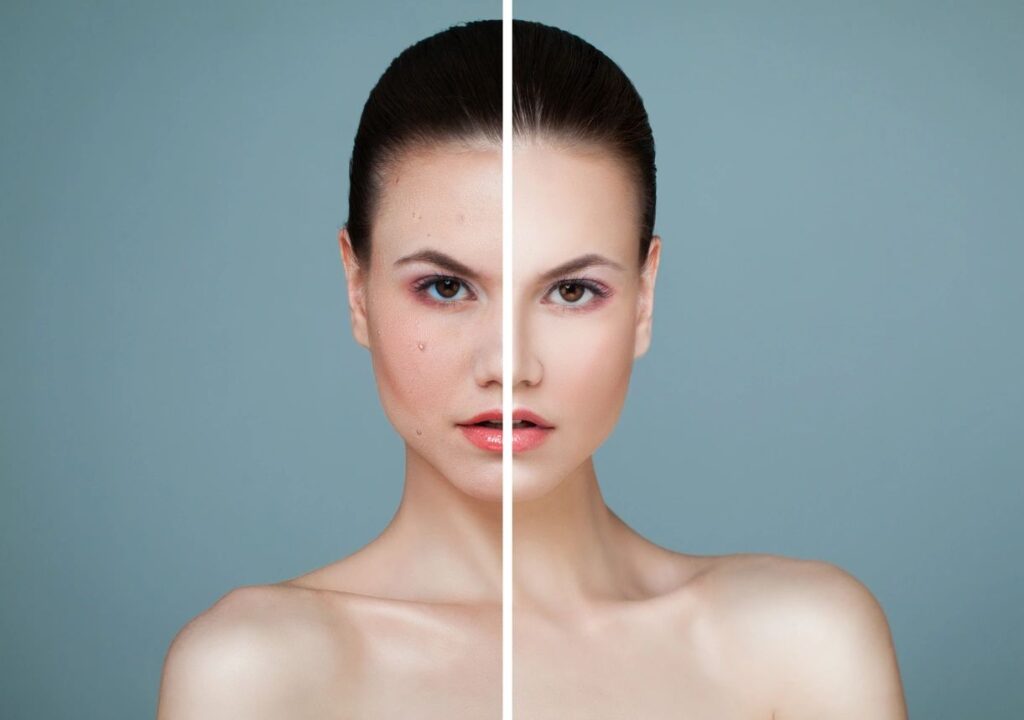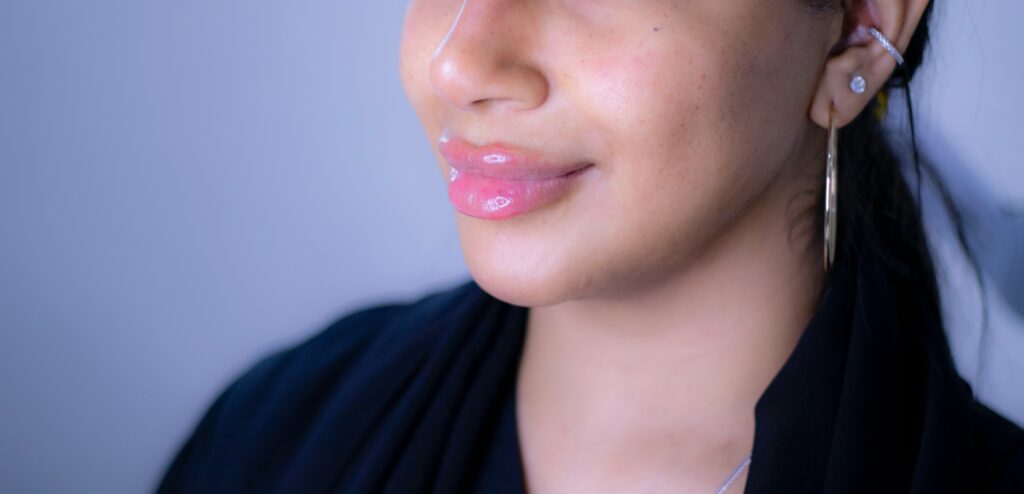Does IV NAD+ reduce skin cancer risk?
By Robert S. Bader, M.D., Dermatologist |
Patients are always asking what they can do to reduce their risk of getting skin cancer. Most know about sunscreens and sun-protective clothing. But there is more that one can do and it is as safe as taking a vitamin. For several years now, I have recommended niacinamide 500mg twice a day by mouth (it…
Vitamin reduces the risk of skin cancer
By Robert S. Bader, M.D., Dermatologist |
The prevention of the two most common types of skin cancer and pre-cancers is possible by taking an inexpensive, widely available, oral pill twice daily. Vitamin B3 , a supplement called nicotinamide, cut the rate of new squamous cell and basal cell carcinoma by 23% among patients who were at high risk for the development of…
Squamous Cell Carcinoma
By Robert S. Bader, M.D., Dermatologist |
Squamous Cell Carcinoma Squamous Cell Carcinoma is the second most common type of skin cancer that is caused by ultraviolet rays (sunshine), arsenic ingestion, some wart viruses (human papilloma virus), and radiation. Although uncommon, this tumor does have the potential to metastasize (spread to the lymph nodes and internal organs) and can be fatal. Tumors…
HYDROCHLOROTHIAZIDE (HCTZ) USE IS ASSOCIATED WITH INCREASED RISK OF BASAL CELL AND SQUAMOUS CELL CARCINOMA
By Robert S. Bader, M.D., Dermatologist |
A recent study published in the Journal of the American Academy of Dermatology has shown that taking hydrochlorothiazide (HCTZ) is associated with an increased risk of basal cell carcinoma and an even higher risk of squamous cell carcinoma. The risk was dose dependent (the higher the cumulative dose, the higher the risk). An increased risk…
CONSUMING ALCOHOL INCREASES RISK OF SKIN CANCER: MAYBE
By Robert S. Bader, M.D., Dermatologist |
A recent study has shown a positive association of increased alcohol consumption with the risk of non-melanoma skin cancer. The study was small, so larger studies are needed to confirm these preliminary results. Here is yet another possible reason to limit or eliminate alcohol consumption. Red wine has some other health benefits that, according to…





